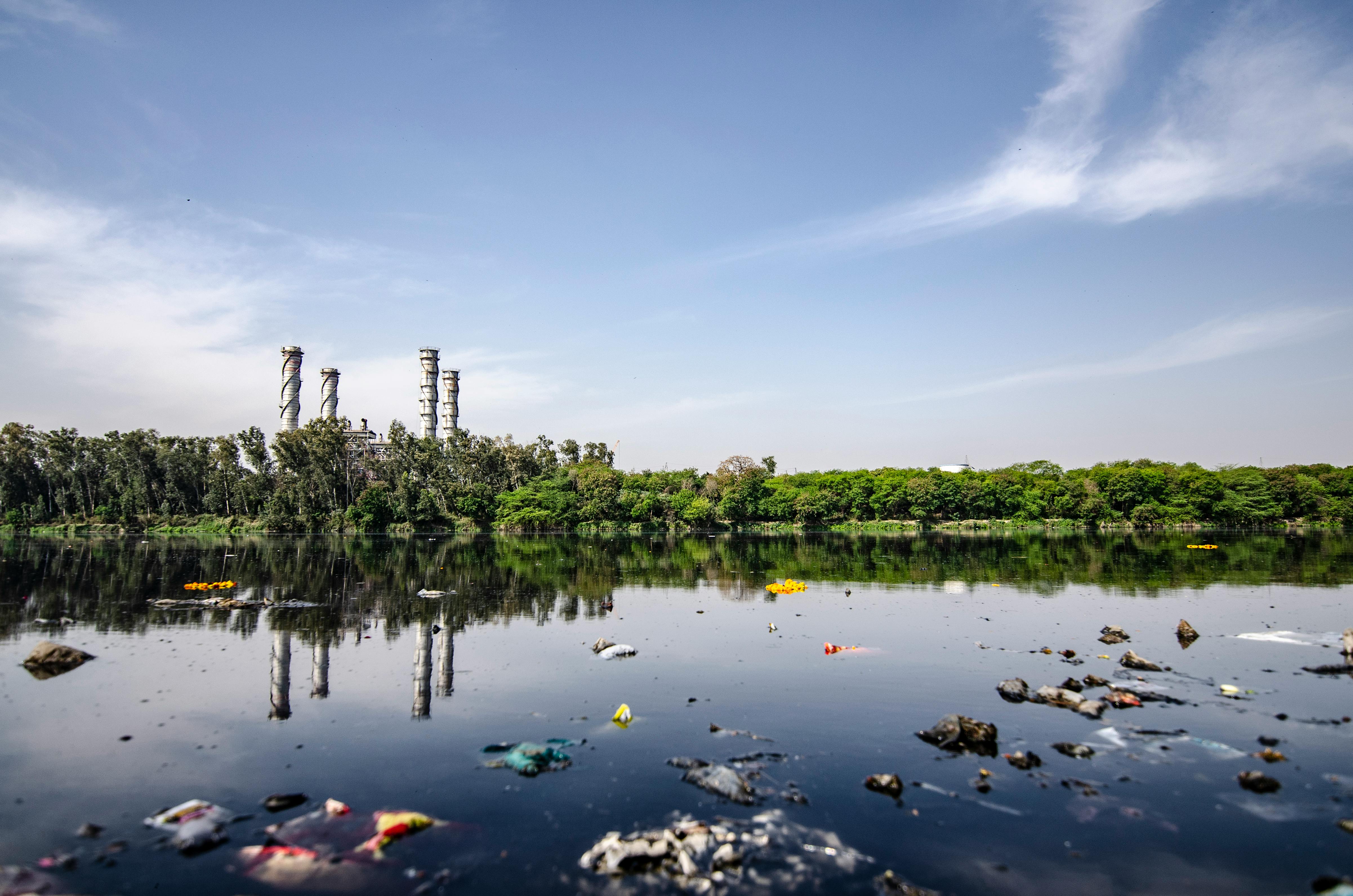 .
.
How to Choose the Best Waste Management of Water
As the human population grows, so too does the demand for water. Unfortunately, this demand for water also produces increased amounts of waste and pollution. That’s why it’s important to find the best waste management of water. From reducing water consumption to improving wastewater treatment, there are numerous ways to improve waste management and protect the environment.
In this blog post, we’ll look at the best waste management of water. We’ll discuss how to reduce water consumption, the importance of wastewater treatment, and how to properly dispose of wastewater. By the time you’re finished reading, you’ll have a better understanding of the best practices for managing water waste. Let’s get started!
Why Reduce Water Consumption?
Reducing water consumption is one of the best ways to reduce water waste. There are several ways to reduce water consumption, such as:
• Installing low-flow fixtures: Low-flow bathroom fixtures, such as low-flow toilets and showerheads, can help reduce water consumption. These fixtures use less water than traditional fixtures, which helps conserve water and reduce water waste.
• Fixing leaks: Leaky pipes and faucets can add up quickly and waste a lot of water. Fixing leaks as soon as possible can help reduce water loss and conserve water.
• Investing in water-saving technology: New technology, such as greywater systems and rainwater harvesting systems, can help reduce water consumption and improve water efficiency.
• Educating employees about water waste: Educating employees about water waste can help reduce water consumption and conserve water. Encourage employees to turn off the tap when they’re not using it and to report any leaks or running toilets.
The Importance of Wastewater Treatment
Wastewater treatment is essential for reducing water pollution and protecting the environment. Wastewater treatment is the process of removing contaminants from wastewater, such as solids, chemicals, and biological organisms. This process helps reduce water pollution and protect the environment.
There are three stages of wastewater treatment: primary, secondary, and tertiary.
• Primary Treatment: The primary treatment stage removes large, visible solids from the wastewater. This is usually done through a process called sedimentation, where the wastewater is allowed to stand in a tank so the solids can settle to the bottom.
• Secondary Treatment: The secondary treatment stage removes smaller particles, such as bacteria and viruses, from the wastewater. This is usually done through a process called biological treatment, where the wastewater is treated with bacteria or other organisms.
• Tertiary Treatment: The tertiary treatment stage removes remaining contaminants from the wastewater, such as chemicals and nutrients. This is usually done through a process called advanced treatment, where the wastewater is treated with chemicals or other materials.
Whether you’re in the construction, manufacturing, or hospitality industry, it’s important to invest in wastewater treatment. Investing in wastewater treatment can help reduce water pollution and protect the environment.
How to Properly Dispose of Wastewater
After you’ve treated the wastewater, it’s important to properly dispose of it. Here are some tips for properly disposing of wastewater:
• Reuse the wastewater: In some cases, the treated wastewater can be reused for non-potable purposes, such as irrigation or manufacturing.
• Discharge the wastewater into the sewer: If the wastewater is not suitable for reuse, it can be discharged into the sewer system. Make sure to follow local regulations when discharging wastewater into the sewer.
• Discharge the wastewater into a body of water: If the wastewater is treated to a high level, it can be discharged into a body of water, such as a lake or river. Again, make sure to follow local regulations when discharging wastewater into a body of water.
• Dispose of the wastewater on-site: If the wastewater is not suitable for reuse or for discharge into the sewer or a body of water, it can be disposed of on-site. On-site disposal can include evaporation or infiltration systems.
Conclusion
Waste management of water is an important issue and one that should not be taken lightly. From reducing water consumption to investing in wastewater treatment, there are many ways to reduce water waste and protect the environment. Make sure to follow the tips outlined in this blog post to ensure that you’re properly managing your water waste.
At Midland Toilet Hire, we understand the importance of waste management of water and we’re here to help. We offer a wide range of portable toilets that are designed to reduce water wastage and protect the environment. We can also provide wastewater storage and disposal services. Contact us today to learn more about our services.
